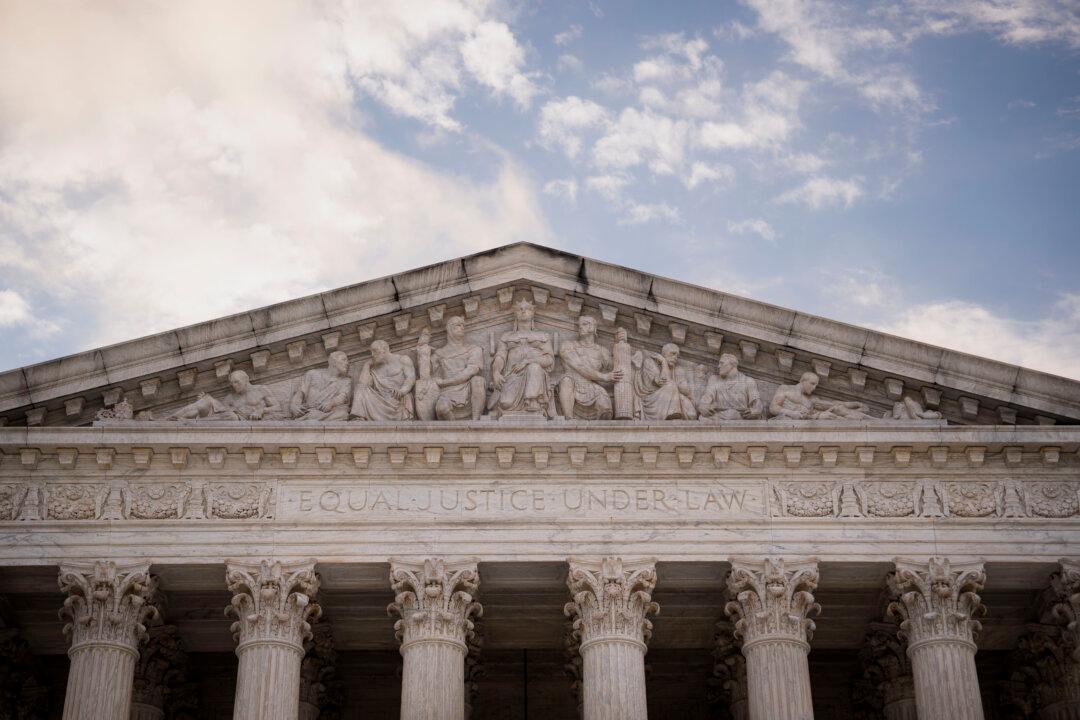The Supreme Court has agreed to hear an insurer’s claim that a bankruptcy reorganization plan fails to protect it from fraudulent claims related to asbestos exposure cases.
The appeal comes after the U.S. Court of Appeals for the 4th Circuit held that Truck Insurance Exchange Co. lacked legal standing to object to Kaiser Gypsum’s Chapter 11 reorganization blueprint.





